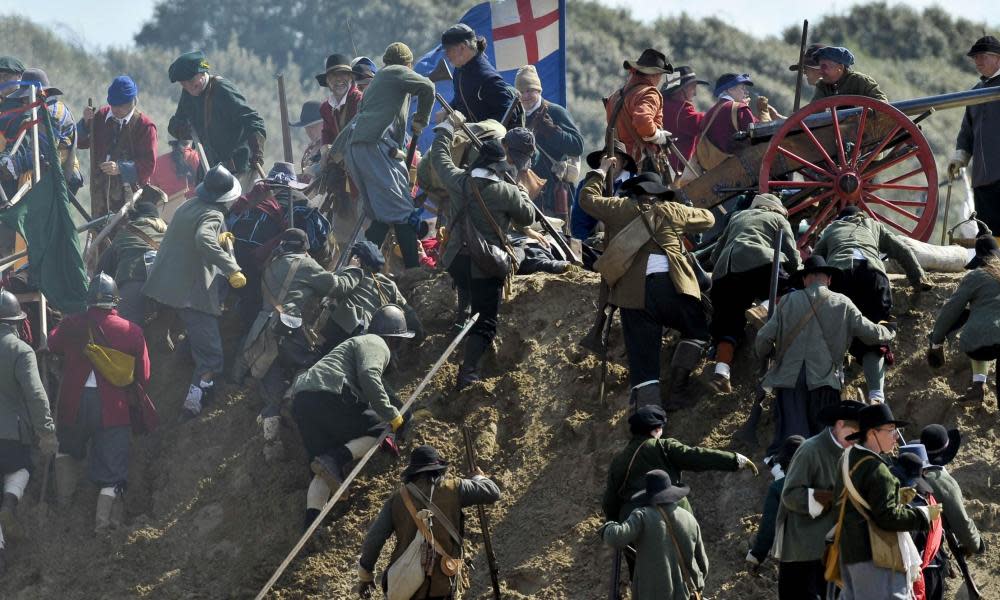Charles I: whipping boy for the civil war

Rebecca Rideal’s excellent article on historical myths (G2, 18 January) draws attention to the myth of the whipping boy, which I unravelled in my new biography of Charles I, White King (reviewed very generously in last weekend’s Observer). What might interest people, however, is not simply that the tale of boys being beaten in place of naughty royal princes is untrue, but also why the lie was invented, and why it has survived. The answer is that its origin lies in a play written shortly after the English publication of James I’s tracts on divine-right kingship – in which James argued that no subject had the right to raise his hand against God’s anointed. In short, it’s a joke. The reason the joke has survived and become straight-faced “fact” is that it fits so neatly with our prejudices – in particular our belief that Charles I alone was to blame for the suffering of his subjects in the civil war, which was supposedly a consequence of him clinging like a spoilt child to his belief in divine-right kingship. It is time to question not only the whipping boy myth, but also the false narrative that has sustained it.
Leanda de Lisle
Osbaston, Warwickshire
• I agree with Cormac Shine that an understanding of history can improve public policy (Our world is changing. It’s time for historians to explain why, 18 January).
However, his call to arms is unnecessary. History frequently permeates contemporary ideas and debates. Indeed, some of the most interesting recent scholarship, including Emily Jones’s study, Edmund Burke and the Invention of Modern Conservatism, 1830-1914, and Robert Gordon’s Taming the Past, examines exactly how history has been used to advance the aims of those living in the present – the first in the case of British Conservatism, and the latter the development of American legal argument.
We should also remember that history is a powerful rhetorical device and, in the wrong hands, can form the justification for unprecedented death and destruction – caveat emptor.
Christopher Rowe
London
• Join the debate – email guardian.letters@theguardian.com
• Read more Guardian letters – click here to visit gu.com/letters

 Yahoo News
Yahoo News 
